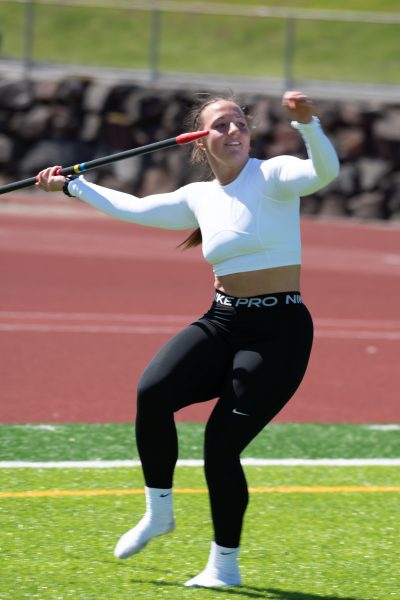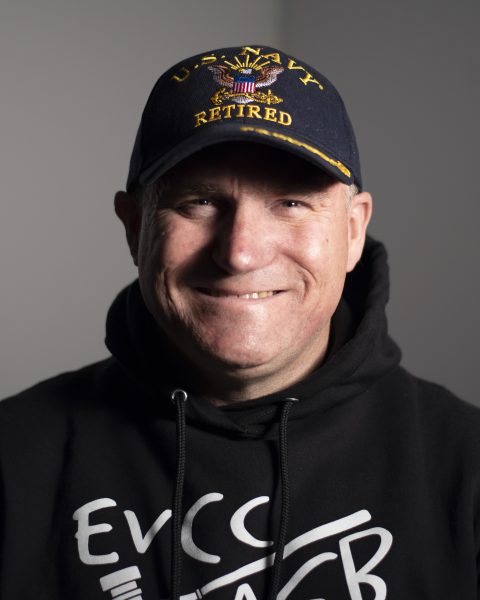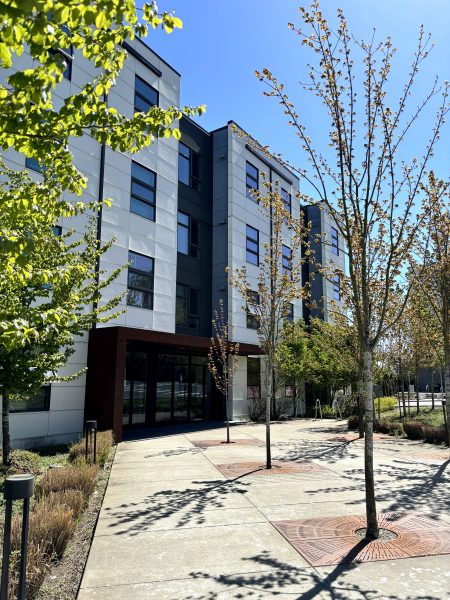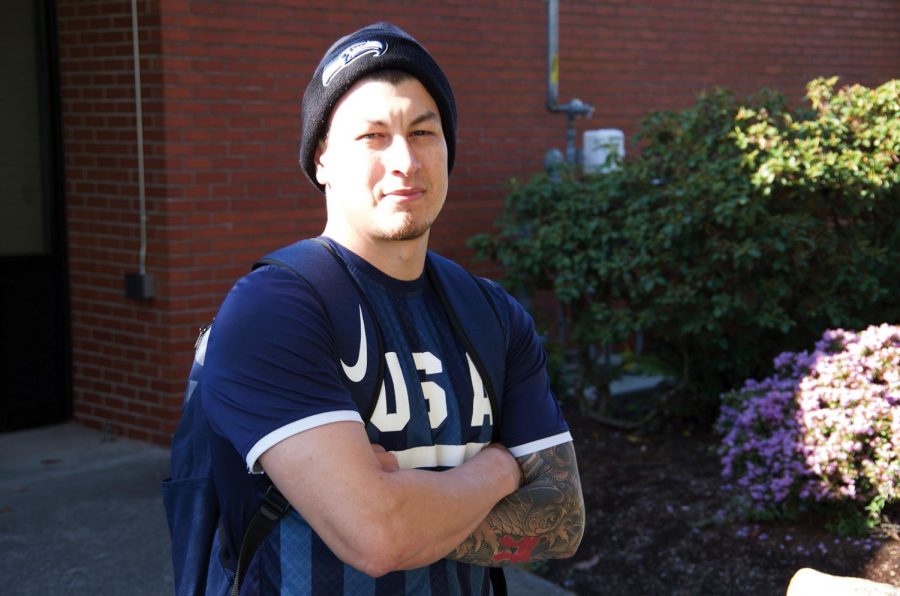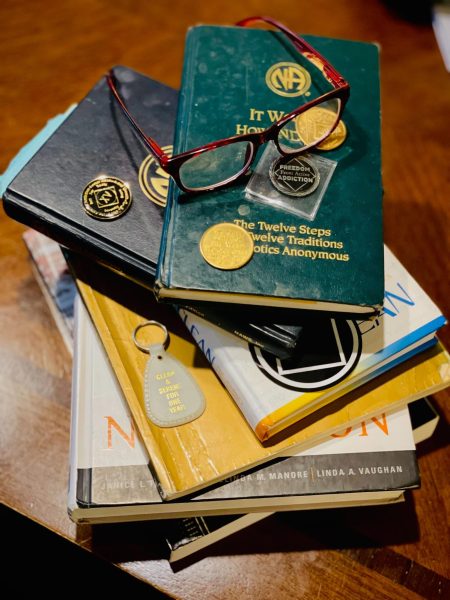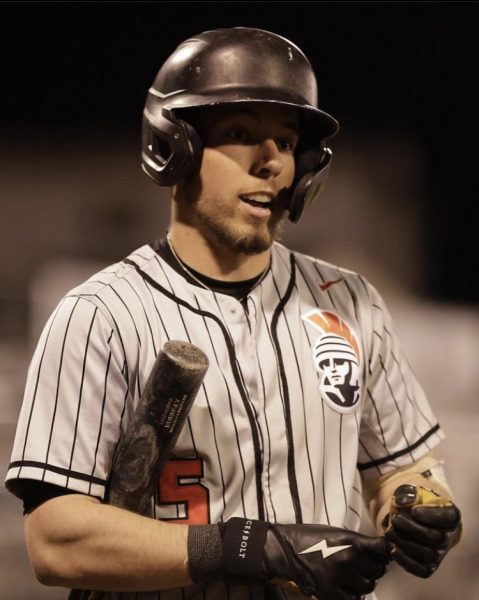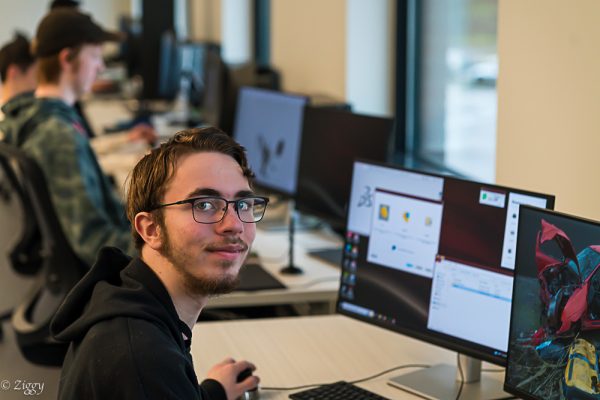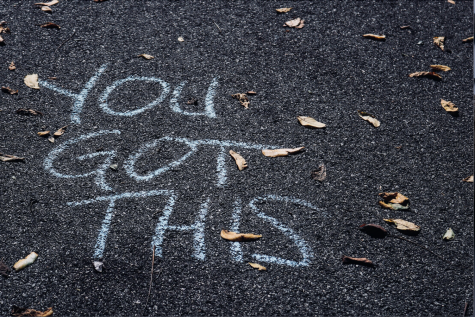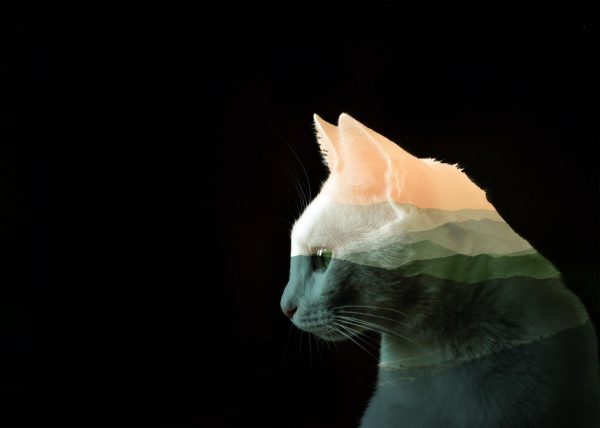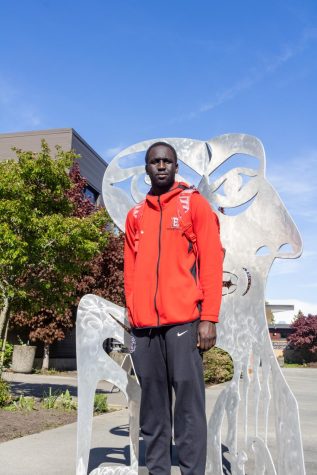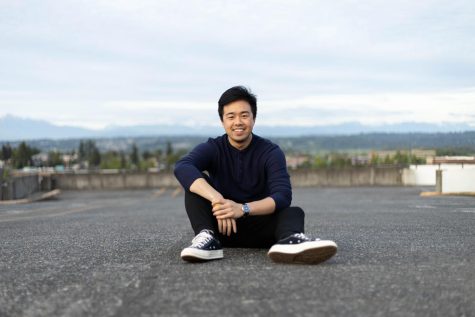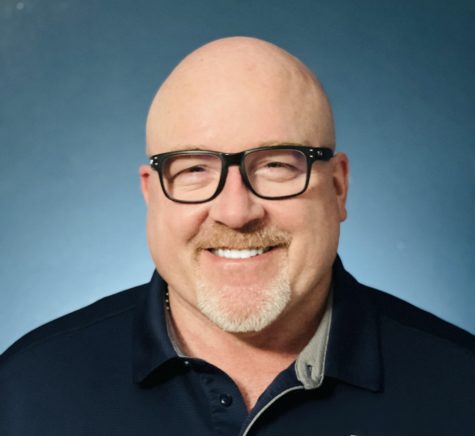Rise Above: A Life’s Mission
How an EvCC student overcame a devastating personal loss to become an international karate competitor representing Team USA
Bryan Flores, a member of the USA Karate Senior National Team and Army veteran, is studying sports science at EvCC in hopes of one day opening his own training facility. “We have a saying in karate once you reach your black belt that your true training begins,” he says.
The words “Rise Above” are spelled out in tattoo ink across Bryan Flores’ left and right hands. The text reflects a deeply personal meaning and mission statement. These hands also belong to one of the top karate competitors in the United States.
Flores, 32, is a member of the USA Karate National Team, U.S. Army veteran and EvCC student studying sports science. Growing up in Los Angeles, Flores was raised on a steady diet of karate lessons. Both his father and uncle taught classes out of dojos they owned.
When other kids would be grounded or put in time out, Flores was made to work on his karate forms or hit the makiwara – a board wrapped in the rope used for punching – and thereby building up knuckle callouses. He says, “My dad, he definitely believed in this sort of grooming us through karate. Sort of shaping us to use it in our daily lives instead of just something that’s throwing around a bunch kicks and stuff.”
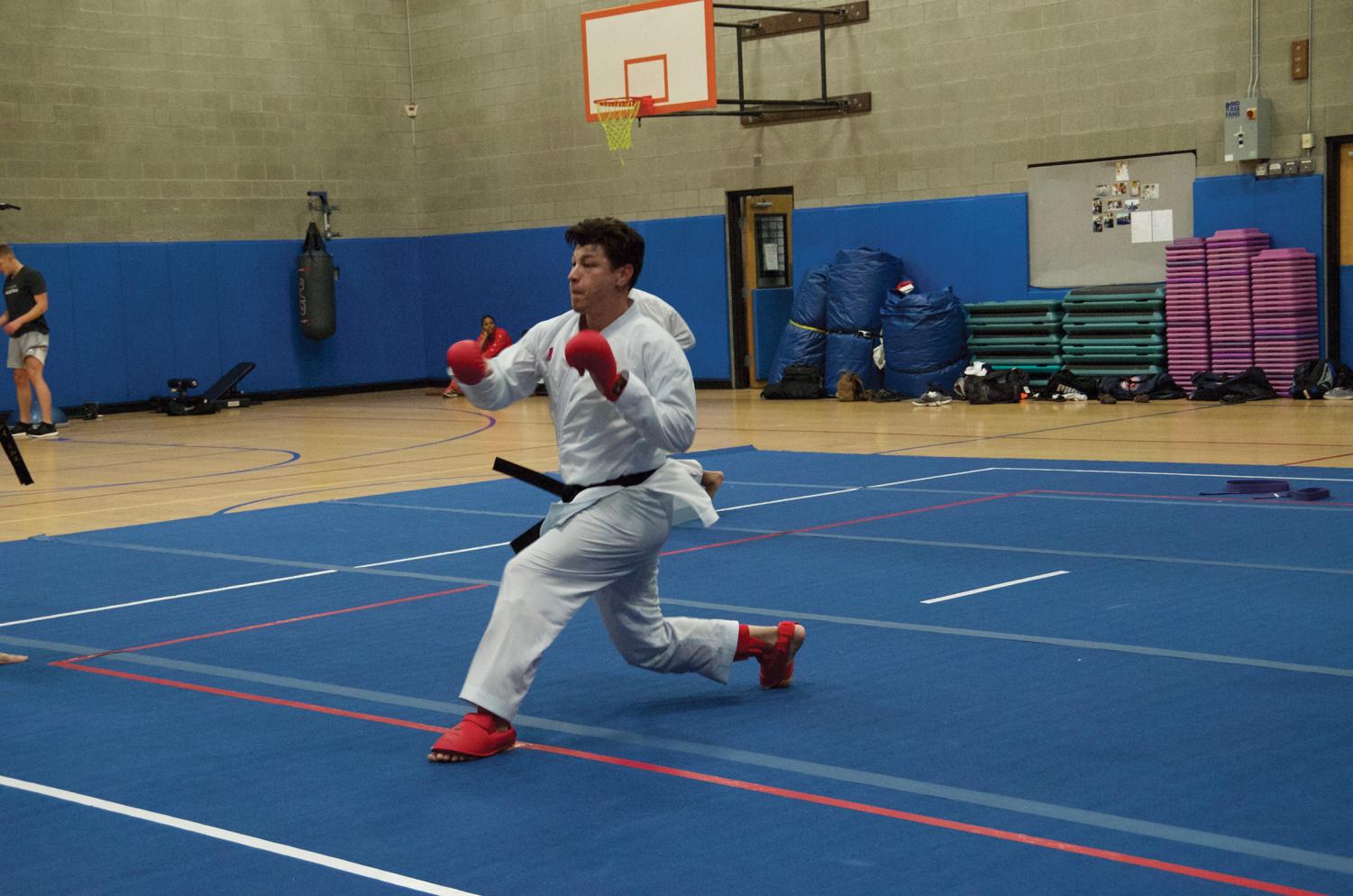
Karate is time-consuming and requires patience. Flores is currently a second-degree black belt, but that’s not what’s important. He says, “Belt rank is something that I wasn’t really concerned with growing up. My father taught me that your belt rank isn’t on your hip. It’s your knowledge, it’s what you know.”
Flores’ growing karate skills provided him with both trophies and opportunities. At the age of 17, he represented the USA Karate Junior National Team at the Pan American Games. It was the only life he knew, but Flores soon traded in his accomplishments in the ring for a different form of combat.
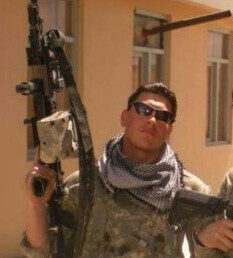
Bryan Flores 3rd Battalion, 187th Airborne Infantry Regiment (Rakkasans) in Paktika province, Afghanistan ca. 2010.
Like so many others, the events of 9/11 sparked his patriotism and interest in the military, even though at the time he was too young to join. When he was 19, Flores signed up for the Army. In a whirlwind eight months, he shipped out to Iraq.
The flip side of knowledge is what you don’t know. “I wasn’t really sure fully what I was getting myself into. I knew what I wanted to do, I wanted to go infantry. So, I knew at some point I was going to get deployed,” he says.
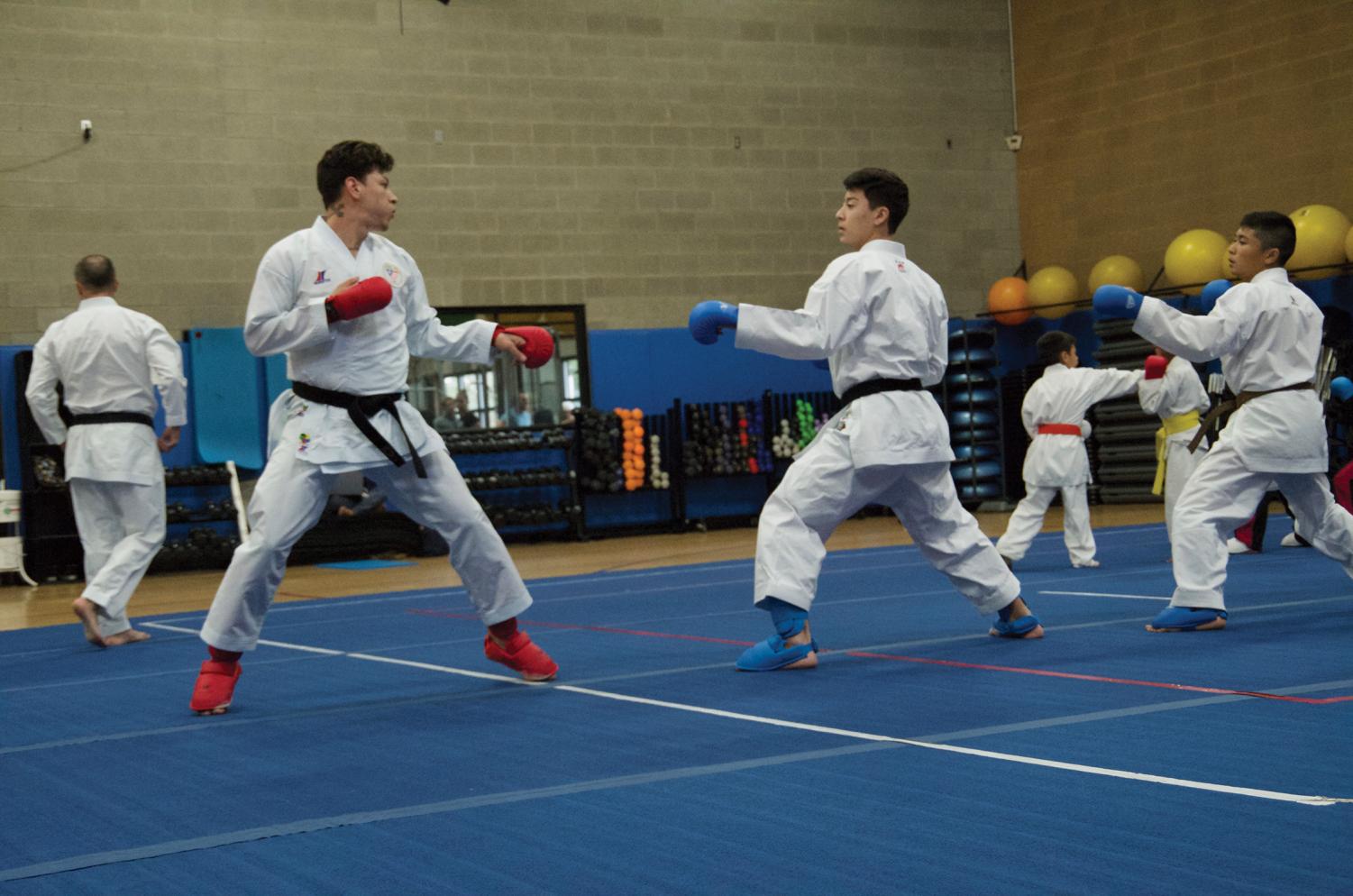
Flores (left – red gloves) readies to strike. “The strategy is sort of like learning how to play chess, but in a combat way of doing it,” he says.
Daily life in the Army between deployments was slower and more mundane. “I was more concerned with just getting to deploy and sort of being those guys I would see on TV and stuff all the time,” he says.
Nine years later, having already served in both Iraq and Afghanistan, Flores’ preparations for a third deployment overseas were suddenly halted due to medical concerns. “I had like a flashback at work. It sort of just came out of nowhere. I knew I had these, sort of issues, when I came back the first time that I needed to take care of. But I didn’t think of it as a big deal, it’s just your mind playing tricks on you, right?”
“I had like a flashback at work. But I didn’t think of it as a big deal, it’s just your mind playing tricks on you, right?”
The Army didn’t see it that way. A platoon sergeant told him that he needed to get it checked out before they deployed. Not thinking anything of it, he made an appointment to see a therapist. Flores received devastating news: he was being medically discharged and couldn’t deploy again.
“This was a hit to me, because it was something I enjoyed doing and I wanted to do it as a career. Medically retired with an 80% disability, Flores was left searching. Attending VA appointments was now his only official mission. He says, “I went from being like what I felt a respected member of the military to somebody who sort of has a problem.”
Depression and a sense of lost worth soon set in. Flores describes his mental state, “It wasn’t making me feel like a soldier that has been on two deployments and is highly decorated. I didn’t feel like that at all, (I) felt sort of like, scrapings I guess. Feeling like the Army now saw him as damaged goods, he says, “They wiped their hands of me.”
Flores soon gained weight as both his physical and mental conditions degraded. “I was eating – depressed eating – and drinking a lot, sort of not really caring at that moment,” he says.
Flores’ wife, Tawnie, became part of a VA caretaker program in order to help take care of him, including, “making sure I didn’t burn the house down or anything like that. I was just getting too depressed and I remember her telling me that she was afraid to come home and just run into something that she didn’t want to see,” he says. At the time, Tawnie was pregnant with their first child. “Looking back on it I was kind of like, man dude, that could have ended really badly you know?” he explains.
“I remember her telling me
that she was afraid to come home
and just run into something that she didn’t want to see.”
But an old love returned and helped refocus his goals. While visiting his family back in California, Flores reconnected with karate. He describes the moment, “(I) went to my dad’s dojo, got back into the uniform and started training a little bit again. I just remembered that feeling that I had when I started, when I used to compete before.”
Flores explains, “In the military, you have a mission; you have a goal and you got to do it. After nine years that’s something that I kind of needed, you know?”
“In the military you have a mission; you have a goal and you got to do it.”
Flores set a goal of trying to make the men’s national karate team. He turned his focus to better nutrition and began working out regularly on top of his karate training.
Within a year’s timeframe, he was back at the U.S. Open Martial Arts Championships as a competitor. Though not getting the results he had hoped for, he says, “I was well on my way.” He continues, “I started feeling really good about myself. And where it started becoming like, hey you know I can really do this, I can make this team again.”
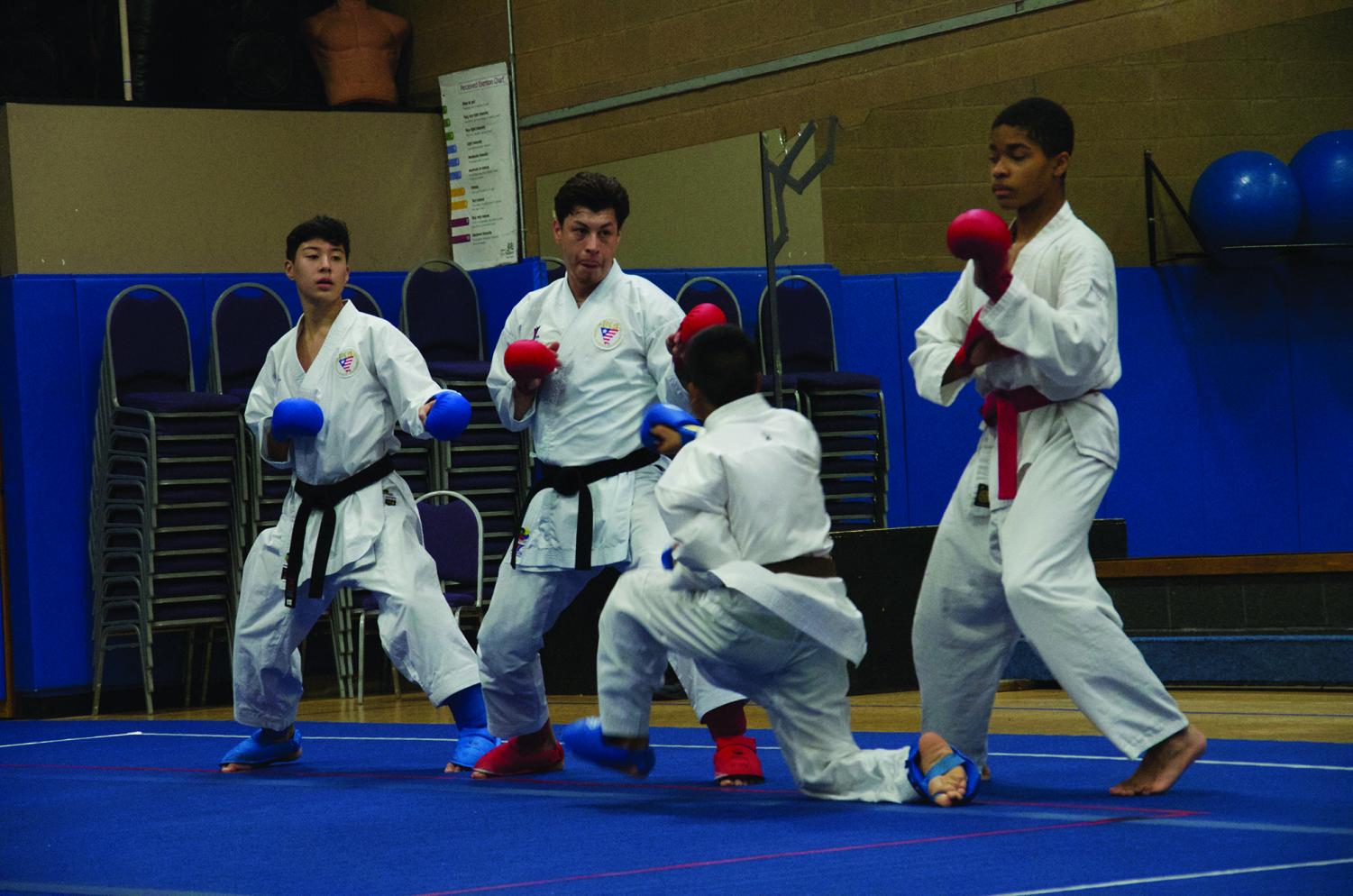
Flores (middle standing) and classmates practice striking techniques for scoring points in karate matches.
In karate matches, to score points requires perfection in technique, distance and timing. There is a points system for different strikes to an opponent. “I pulled away from the traditional karate and started focusing on the dynamic of the sport. The strategy is sort of like learning how to play chess, but in a combat way of doing it,” he says.
In 2017, Flores qualified for the national team by earning bronze at the team trials.
Flores’ mental trauma and symptoms have also improved drastically. “Yeah, I’ll once and awhile have a nightmare or whatever it is. But I’m actually really in good control of what I got going on there. And karate, it helps a lot. Just the mental aspect of it. And just being aware of what I’m going through emotionally, physically,” he says.
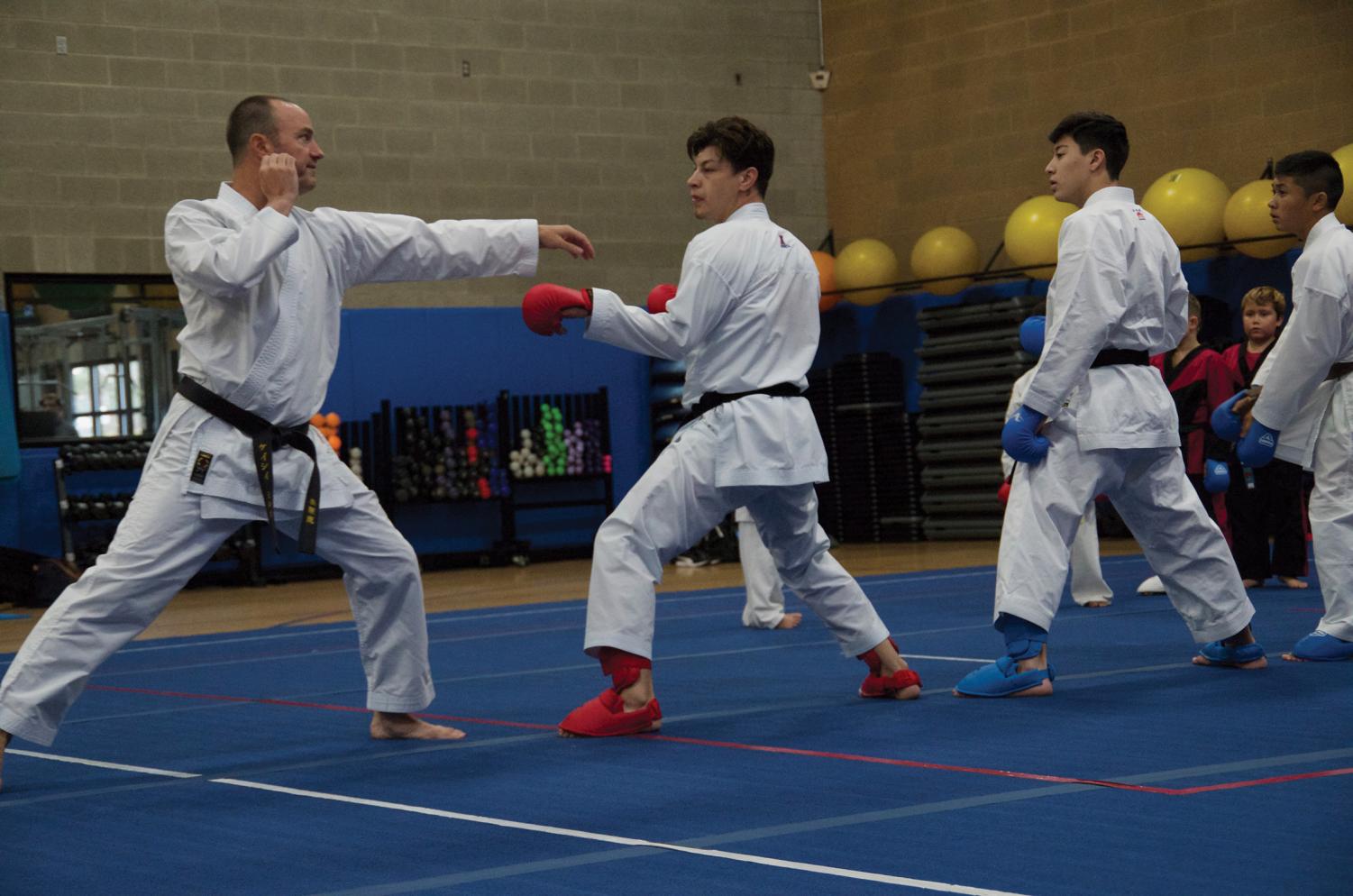
Sensei Casey Mills (left) demonstrates a technique for Bryan Flores (right – red gloves) and other students at Team Fitness in Lake Stevens.
“And karate, it helps a lot. Just the mental aspect of it. And just being aware of what I’m going through emotionally, physically.”
Flores’ mission has now expanded to include new targets. Pursuing an education in sports science, he eventually wants to open up his own facility in order to help others, especially veterans, achieve their goals. “I want to be in the position where I can, where I have the opportunity to help other veterans that are seeking an outlet, going through a rough time,” he explains.
Flores summarizes the key to his recovery and recommends having an outlet and something that is important to you. He says it is key to both mental and physical health. He offers encouragement, “You can be better than you are today. Doesn’t matter where you’re at or what you’ve accomplished so far, you can always be better than you are today.”
What’s next for Flores?
This fall, Flores travels to Kindai University in Osaka, Japan where he will train for two weeks with members of the Japan National Karate Team. Afterward, he will represent the U.S.A. Karate National Team, in the Kumite (sparring) 75 kilograms weight division, at the international Karate 1 Series A competition being held in Shanghai, China from Nov. 7-9, 2018.
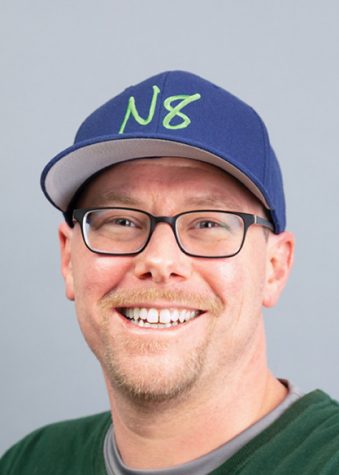
What interests you about journalism?
The ability of stories to provide information, context and a further understanding.
Where does The Clipper...

